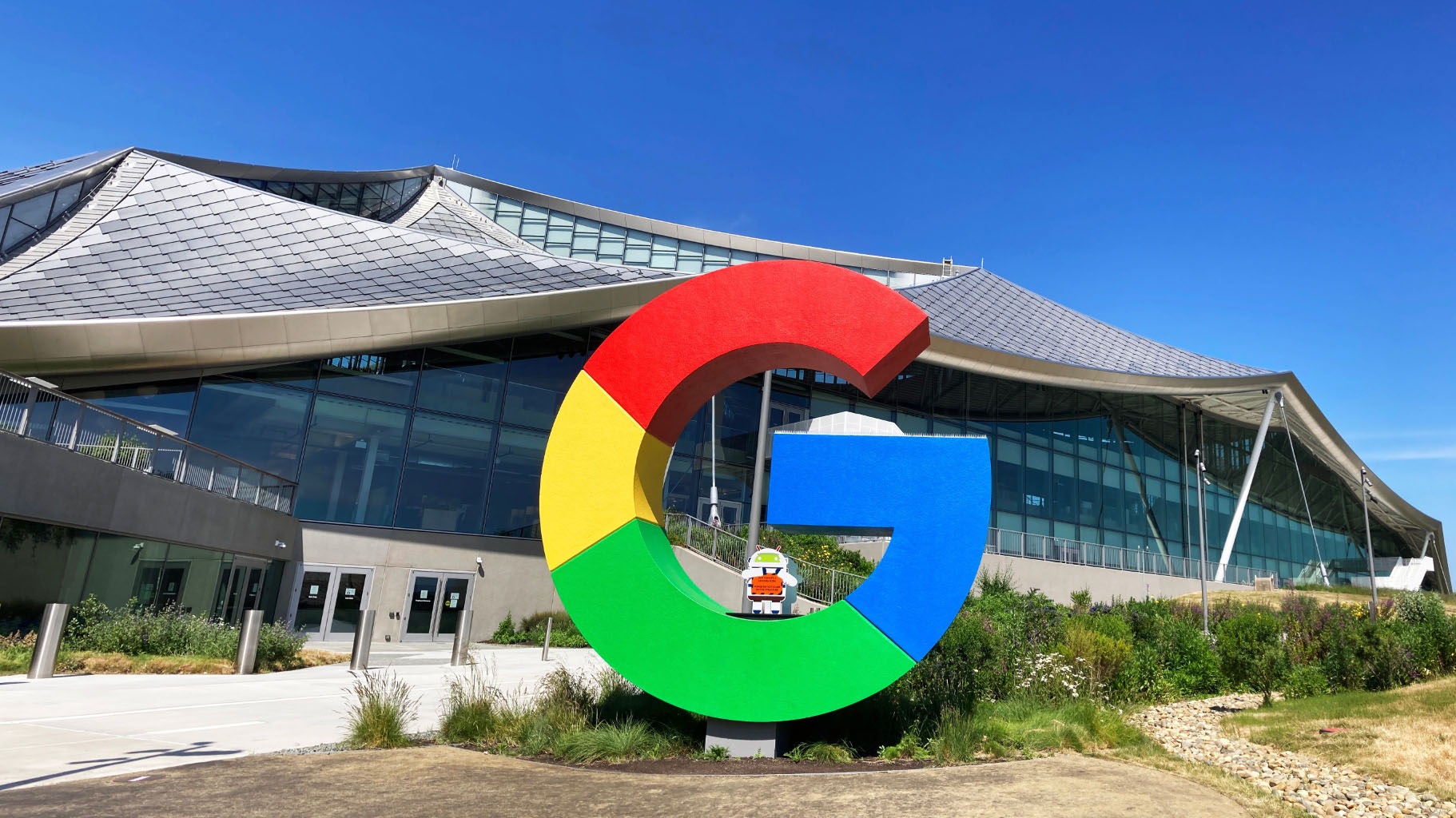
Google announced some new privacy and safety features on August 3rd. The features will improve how users can find results about themselves online, blur explicit content and let people remove explicit imagery from Search.
First up, Google says it improved its ‘Results about you’ tool, which launched last year. Results about you offers a way for people to request the removal of search results containing their phone number, home address or email.
Updates to Results about you include the ability to actively track when someone’s information shows up in Google Search. With the update, Results about you will notify you when Google detects that information so you can get it removed more quickly. This will be available from a new dashboard rolling out in the coming days. For now, though, Results about you is limited to the U.S. in English, though Google says it’s working to bring it to more regions and languages.
Next up, a previously announced SafeSearch feature will roll out globally this month. The new SafeSearch feature will blur explicit imagery, such as adult or graphic content, by default in Search results. The change aims to prevent people from inadvertently encountering explicit content in Google Search. Users can also turn off the feature at any time.
Alongside that change, Google says it’s making it easier to find parental controls by showing a box with information on managing parental controls when people search for them.
Finally, Google says it’s building on policies that allow people to remove non-consensual explicit imagery from Search by letting people remove any of their personal, explicit images from Search. For example, Google says if someone uploads explicit content to a website but later deletes it, they can request its removal from Search if it’s being published elsewhere without approval. Google says the policy doesn’t apply to content that people are “currently commercializing.”
Google also says it simplified the forms users need to complete to submit removal requests to make it easier to remove personal information, explicit imagery and other content. However, the company warns that removing content from Google Search doesn’t remove it from the web or other search engines.
You can learn more here.
Image credit: Shutterstock
MobileSyrup may earn a commission from purchases made via our links, which helps fund the journalism we provide free on our website. These links do not influence our editorial content. Support us here.


